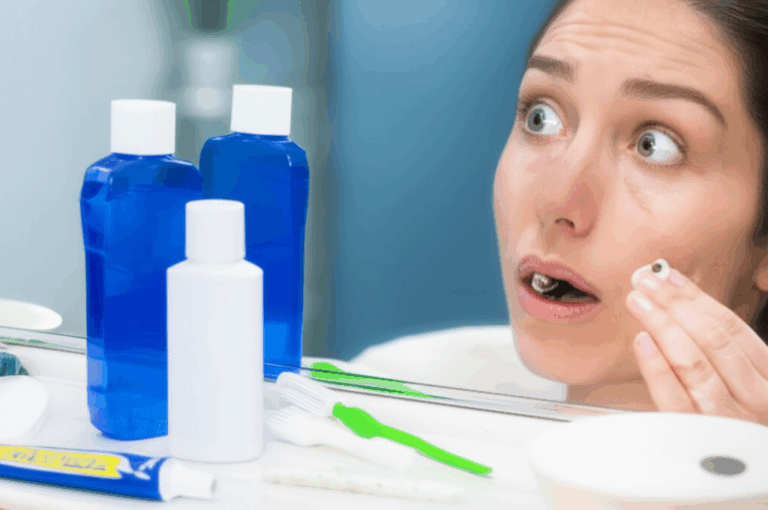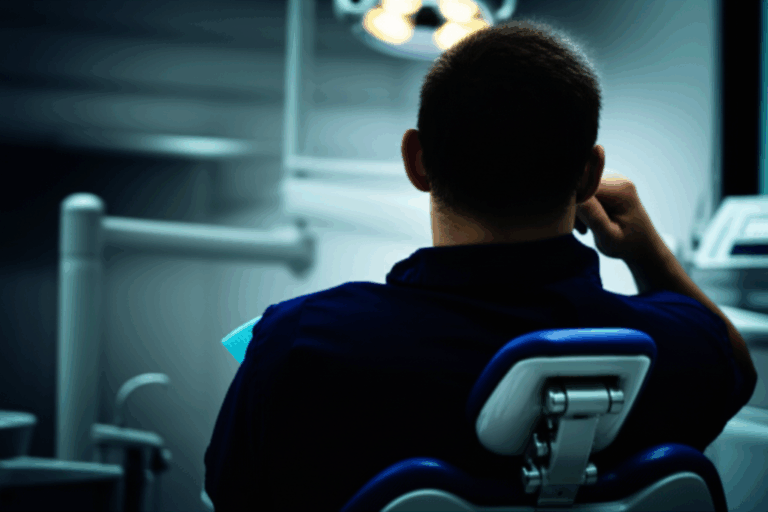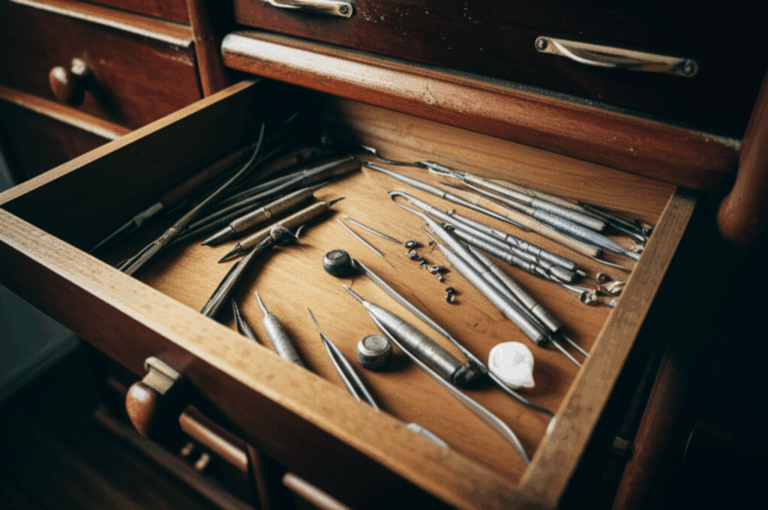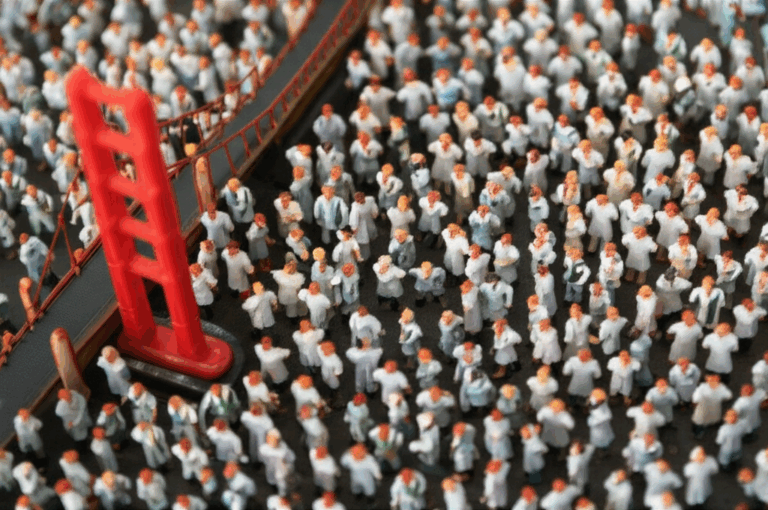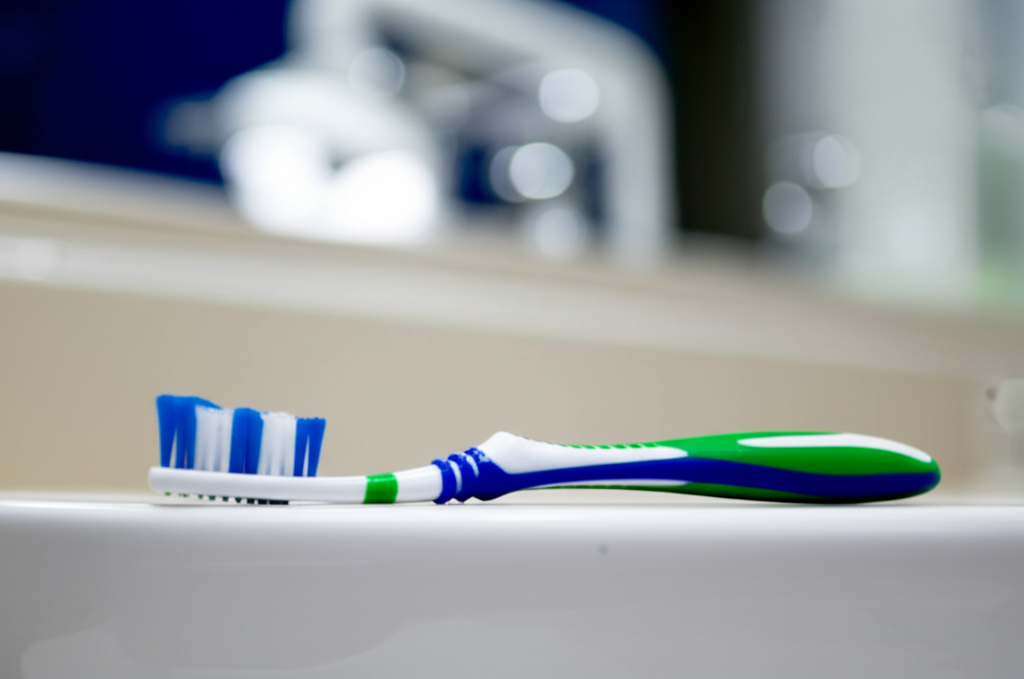
Should You Brush Before Your Dentist Appointment? The Simple Guide to Pre-Dental Hygiene
Wondering if you need to brush your teeth before seeing the dentist? Find out the real reasons, the easy steps to take, and how good mouth care can help you and your dental team. Learn quick tips and get clear answers so your next dental checkup goes well.
Table of Contents
Why Do People Worry About Brushing Before the Dentist?
Ever sat in your car before going in for a dental appointment and thought, “Did I brush my teeth before my checkup?” You’re not the only one. Lots of people ask the same question. This worry is usually for three main reasons:
- First, we want to look good. Nobody wants their dentist to see food in their teeth or smell bad breath.
- Second, some hope brushing will “cover up” problems. They think a quick brush will hide any cavities or gum problems.
- Third, people just want to do the right thing. You want your visit to go well, feel okay, and help your dentist do a good job.
If you’ve thought this, you’re not alone. Even dental workers sometimes check their teeth before their own appointments!
What Happens If You Don’t Brush Before a Dental Checkup?
Let’s be honest—life is busy. Sometimes, you rush from work or school straight to your dental visit without time to brush. What happens if you haven’t brushed in a few hours? Here’s what really happens:
- Food bits stick to your teeth and gums. Pieces of sandwich or candy can block the dentist’s view.
- Plaque builds up. Plaque is a soft, sticky layer of germs. Not brushing lets it pile up and hide small problems.
- Bad breath can happen. This can make things a little awkward for you and your dental team.
But don’t worry! Most dentists and hygienists understand if you can’t brush right before. They’ve seen everything—coffee breath, lunch leftovers, and even Halloween candy. The main thing? Daily brushing at home matters way more than just cleaning before one visit.
Do Dentists Prefer You Brush and Floss Before Appointments?
“Does my dentist really know if I brushed?” Yes! Most dental workers like it when you come in with clean teeth. Here’s why:
- Cleaner teeth = better view. When you get rid of loose plaque and food, your dentist can see real issues like cavities or gum problems faster.
- Less mess means faster work. If your hygienist isn’t picking out last night’s popcorn, they can work on cleaning your teeth properly.
- It shows respect and that you care. Coming in with a clean mouth shows you respect their work—and care about your teeth.
In a recent survey, over 90% of dental teams said they like when patients brush and floss before appointments. It’s like painting on a clean sheet, not one with dirt on it.
Check out how a china dental lab helps make dental crowns and other teeth work.
Does Brushing Right Before the Dentist Hide Problems?
Some people think brushing before their checkup will cover up things like tooth decay or gum disease. Spoiler: It doesn’t.
Dentists use special tools and know-how to look for problems. Brushing gets rid of stains and food, but it won’t hide deep issues like cavities or gum trouble.
Here’s what really happens:
- Brushing helps show real problems. It clears away loose stuff so your dentist can see if there’s trouble—like bleeding, soft teeth, or gum disease.
- Old plaque stays put. Professionals can spot the difference between tough tartar (that a toothbrush can’t move) and new food.
- Red gums are easy to see—even after brushing. Gum sickness can’t hide just because you cleaned quick before your visit.
So, brushing helps your dentist, but doesn’t hide any troubles!
Should You Brush, Floss, or Use Mouthwash Before Visiting?
Here’s what you should do, step by step, before your dental appointment. The answer: all three steps are helpful.
1. Brushing:
Use a soft toothbrush and toothpaste with fluoride. Brush for two minutes or more. Make sure to brush each tooth—even the back ones! Brush your tongue gently too, this fights bad breath.
2. Flossing:
Carefully put dental floss between each tooth. It removes plaque and food that your brush can’t reach.
Tip: If your gums bleed a bit, don’t worry—it’s a sign they need more flossing.
3. Mouthwash:
A fast rinse with mouthwash gives extra freshness. Pick one with fluoride or germ-fighting stuff. Just remember, mouthwash doesn’t take the place of brushing or flossing—it’s just extra help.
Do these simple things and your dentist visit will go better. Want to see how new tools help care? Check out how a digital dental lab works with the latest tech.
What Is the Best Pre-Appointment Oral Hygiene Routine?
Want a routine that always works? Here it is:
The Night Before
Brush and floss as you normally do before bed. This gets rid of daytime gunk and food.
The Day Of Your Appointment
- Eat breakfast or lunch as usual. But try not to eat super sticky, sugary foods that stick to your teeth.
- One hour before your appointment:
- Brush your teeth well.
- Floss between your teeth.
- Rinse with mouthwash.
- Don’t forget your tongue. Brush or scrape it gently; this helps get rid of bacteria and bad breath.
- If your appointment is after dinner?
Just brush and floss again after you eat!
Table: Easy Steps Before Your Dentist Visits
| Step | What To Do | Why It Helps |
|---|---|---|
| Brush | 2+ minutes, all surfaces | Gets rid of plaque and food bits |
| Floss | Between all teeth | Cleans places brushes can’t reach |
| Mouthwash | 30 seconds, swish and spit | Freshens breath, fights germs |
| Scrape tongue | Back-to-front | Gets rid of smelly bacteria |
The key is doing this every day. Good daily habits mean more than just one quick clean before your dental visit.
Will You Get in Trouble for Forgetting to Brush?
Worried you’ll get a lecture for not brushing before your appointment? Don’t stress—your dentist and hygienist are not there to scold you.
Most dental workers like clean mouths. But if you forget, they’ll just get on with their job. Usually, they’ll gently remind you about how important brushing and flossing are.
What really matters is:
- You show up! Regular checkups stop small problems from getting big.
- You ask if you’re unsure. Your dental team likes teaching people about good mouth care.
If you get nervous about visits, check this practical guide to make appointments easier.
How Can You Quickly Prepare If You Forgot to Brush?
Sometimes, life happens. If you ate on the run or just forgot, here’s how to clean up fast—even if you don’t have a toothbrush:
- Rinse with water. Swishing water around your mouth can help wash away food.
- Use mouthwash, if it’s handy. Rinse for half a minute for quick freshness and fewer germs.
- Chew sugar-free gum. This helps get rid of food and makes your mouth water, which helps clean.
- Tell your dentist the truth. If they ask, just say you didn’t get to brush. No need to feel bad.
Even quick tricks help a bit, but nothing is better than brushing and flossing at home.
Does Brushing Really Make Cleanings Easier?
Good question! Some people think it doesn’t matter because “the hygienist will clean anyway.” It’s true that pro cleanings are deep and go after build-up that brushing can’t remove.
But brushing and flossing before your visit really helps:
- It lets your hygienist get to the tough stuff quicker.
If your mouth is clear of loose food and plaque, the cleaning can focus on tartar and hard-to-reach spots.
- It can make your cleaning shorter and less annoying.
Less time stopping to pick out food means less poking and scraping.
The team at dental ceramics lab says that clean mouths make it easier for labs and dental workers to make things like crowns and dentures fit right.
Frequently Asked Questions
Q: What if I ate right before my appointment?
A: It’s best to brush after eating if you can. Food mixes with germs fast, so cleaning right after you eat helps stop plaque and keeps your visit easy.
Q: Can brushing too hard before the dentist hurt my gums?
A: Yes, brushing too rough or with a hard brush can make your gums red or bleed. Use soft brushes and gentle strokes.
Q: Does using just mouthwash count as enough?
A: Mouthwash alone won’t get rid of sticky plaque or trapped food. It helps, but you still need to brush and floss.
Q: Should I bring my toothbrush or floss to the dentist?
A: That’s your choice! Some people like to brush in the waiting room, and most clinics are fine with it.
For more tips for your next visit, check out the patient dental resource page.
Summary: Key Takeaways for Your Next Dental Visit
- Brush and floss before your dentist visit—it helps the dental team help you better.
- Daily tooth care means more than a last-minute brush.
Keep your teeth, gums, and tongue clean every day for a healthy mouth.
- Don’t stress if you forget. Rinse with water, use mouthwash, or chew gum, and be honest if asked.
- A fresh mouth means a better exam, easier cleanings, and more confidence.
- Remember, your dental health is part of your overall health. Take easy steps every day and both you and your dentist will see a difference!
References:
- American Dental Association (ADA) Guidelines
- CDC Info on Gum Disease
- Dental Worker Surveys
- Mouth Biology Research
Smile big and feel ready for your next checkup!

